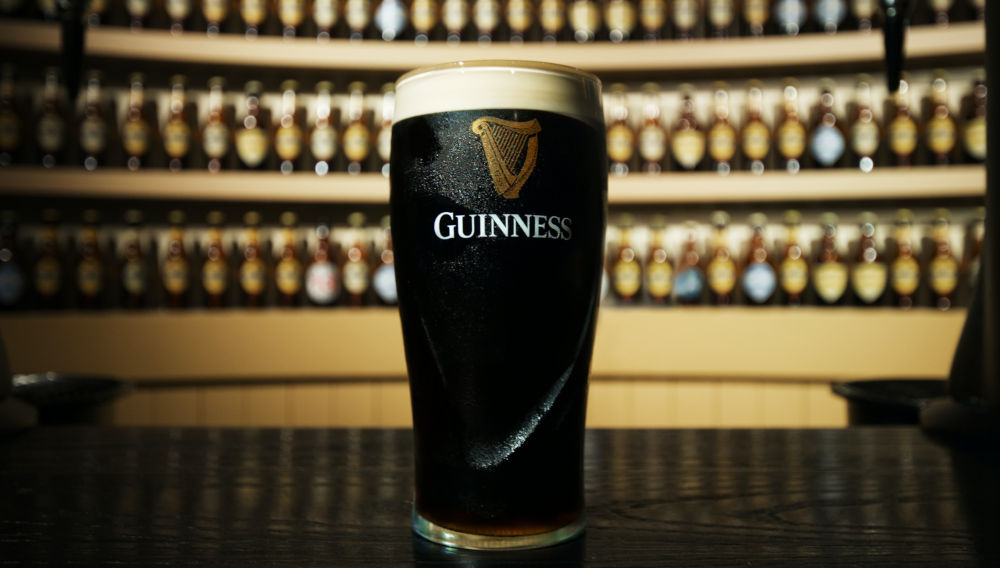Guinness to be sold in Russia again and Diageo cannot prevent it
Russia | The Moscow Brewing Company (MBC) received official approval to import and distribute Guinness stout, the Russian newspaper Kommersant reported on 21 September. MBC will supply Guinness on draught as well as in bottles and cans.
Despite the claims being made, Guinness’ owner, Diageo, told the website thedrinksbusiness.com that it has nothing to do with this scheme and reiterated its stance on imports into Russia.
In March 2022, Diageo stopped all imports into Russia and equally stopped third-party, local production of beer and bottling of spirits. In June 2022, it began winding down its local business and that process is now almost complete. “Diageo is not either directly or indirectly importing or selling any products in Russia,” a spokesperson told the website.
Before Russia’s invasion of Ukraine, Diageo was reportedly overseeing distribution deals with 19,000 bars and 70,000 shops in the country.
How to circumvent the boycotts
This begs the question: How can Guinness now legally enter into Russia? The answer is: through parallel imports. This system allows the import of some products into the country through third countries without the IP or trademark owner’s permission.
It was the Russian government which made parallel imports legal in May 2022, after Western firms boycotted the country and their brands became scarce. But importers need to obtain an official licence so that the government can make sure consumers get the “real thing” and not some counterfeit product.
Diageo may have an inkling how its stout finds its way into Russia, though: Earlier this year it was revealed that, for example, the Baltic state of Latvia has become a big back-door seller of Scotch whisky.
About MBC
MBC was founded in 2008 by Evgeny Kashper and Alexander Lifshitz, who had previously established the Ivan Taranov Breweries, which they had sold to Heineken in 2005 for around USD 500 million, per Kommersant. The company operates a plant in Mytishchi near Moscow. By its own account, the plant has a capacity of 8 million hl per year, producing Zhiguli Barnoye, Khamovniki, and a host of international brands, including Pabst Blue Ribbon (at least before the war in Ukraine).
In 2022, the company's turnover increased nearly 16 percent to RUB 37.7 billion (USD 377 million), while net profit was RUB 3.3 billion (USD 37 million), according to Kommersant.

